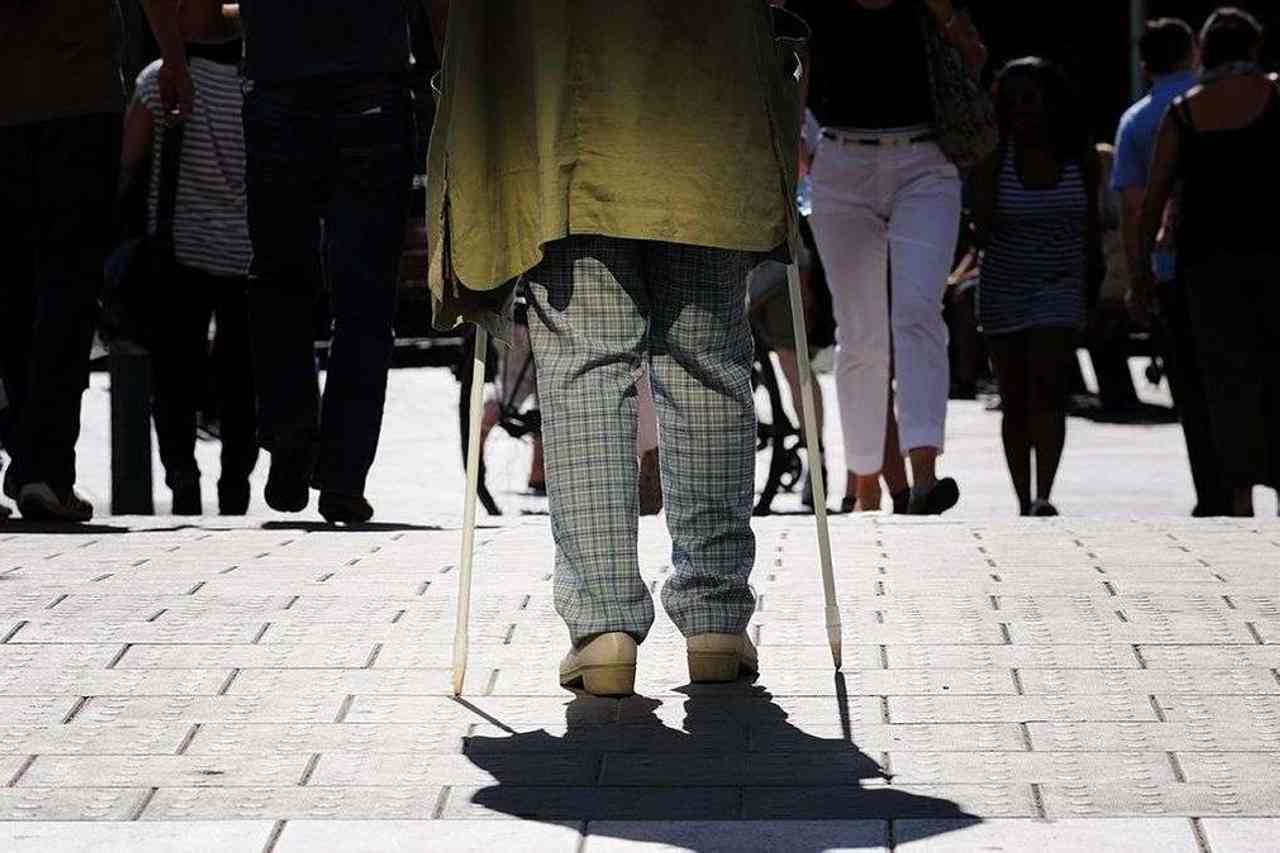If you happen to had a selection, would you relatively die younger or outdated?
If you happen to opted for the previous, you are not alone.
That is in line with researchers from the Robert N. Butler Columbia Getting old Heart at Columbia College in New York. They discovered that greater than 1 in 6 adults would relatively die younger, comparatively talking, than face the extended horrors of sagging pores and skin, brittle bones, failing eyesight and dentures dunked in a bedside glass.
"For these folks it appears that evidently the prospect of rising outdated is worse than dying," Catherine E. Bowen, the lead creator of the paper, writes by way of e-mail. "I additionally discover it stunning that the extensive majority of our members have been in a position to give a particular age to which they want to dwell. To me, this is a sign that younger and middle-aged adults ascribe very vital that means to chronological age.
"That’s, folks appear to have a really concrete image of how good or dangerous their life might be at, as an illustration, age 90 relative to age 80 and even age 83 relative to age 80. This stands in distinction to what we all know from growing older analysis, that chronological age really turns into a much less and fewer significant indicator of an individual’s life circumstances," Bowen explains.
Bowen and her colleagues discovered all this out by conducting a phone survey of greater than 1,600 adults, from 18-64, for his or her analysis. The findings are printed within the journal Ageing and Society. Listed here are a couple of of the important thing ones:
The 17.1 p.c of respondents who would relatively shuffle off early? For the paper’s functions, that meant youthful than 80, which is roughly a standard life expectancy for these interviewed.
Far more than that (31.9 p.c), in line with the paper, need to dwell what is taken into account a standard life expectancy.
Greater than that (51 p.c) want to dwell effectively previous 80 into "outdated age."
Of these 51 p.c, actually, 26.4 p.c need to hit the century mark and maintain trucking.
The Significance of Most popular Life Expectancy
Nonetheless, the truth that 17.1 p.c imagine that dying younger is preferable to rising outdated is value a search for one gorgeous and maybe little-known truth about what the authors name most well-liked life expectancy (PLE). That’s, PLE predicts precise mortality.
In phrases younger’uns can grasp, “there’s a vital and significant relationship between how lengthy folks need to dwell and the way lengthy they really dwell,” the authors say.
In even less complicated phrases: If you wish to die younger, there is a fairly first rate likelihood that you’ll.
The explanations for which might be nonetheless being studied. However the authors of this paper discovered that how lengthy you favor to dwell — your PLE, which, once more, is linked to how lengthy you really dwell — is predicated in your thought of what outdated age is. Each negatively and positively.
"On the one hand, individuals who want to die younger typically don’t anticipate to have many constructive experiences in outdated age, corresponding to having the ability to journey or getting extra respect," says Bowen, a analysis scientist on the Vienna Institute of Demography and the Wittgenstein Centre for Demography and International Human Capital in Vienna. "Alternatively, individuals who want to dwell to their 90s or past typically have fewer detrimental expectations for their very own outdated age, corresponding to being lonely of getting a severe sickness."
However why? Why do some see outdated age as a sturdy chapter of life and others see it as a creepy last-gasp earlier than dying? That could be a central a part of the paper, co-written by Vegard Skirbekk, a Columbia professor and a senior researcher on the Norwegian Institute of Public Well being.
Bowen explains:
All through their lives folks collect and course of details about the growing older course of and life in outdated age. How folks course of details about outdated age and growing older … will depend on any variety of elements, together with an individual’s character, their socioeconomic sources, and the way essential details about outdated age and growing older is for the particular person. Folks might subsequently differ on the subject of how they really feel about outdated age and longevity as a result of they’ve been uncovered to totally different details about outdated age and growing older, and in addition as a result of folks fluctuate broadly in how they course of this info.
So Who Needs to Go Younger and Who Doesn't?
Researchers discovered that an individual’s PLE had little to do with age, schooling or gender. African-People typically most well-liked an extended life expectancy. Hispanics and others who recognized as non-White and non African-American typically most well-liked a shorter one. Self-rated well being was related to preferring an extended life. Those that stated they weren’t "too pleased" had a shorter PLE.
One other level the paper raises, particularly pertinent to those that need to name it quits after 80 years or so, suggests that folks underestimate their potential to cope with growing older points.
You assume it is arduous getting outdated? Is that why you need to take a look at early?
It won’t be fairly as dangerous as you make it out to be.
"Folks could not concentrate on among the constructive features of growing older. Most analysis means that wellbeing is definitely fairly steady throughout a lot of the life course," Bowen says. "In different phrases, it appears that evidently individuals are typically in a position to adapt fairly effectively to how their life circumstances change with age."
Now That is Fascinating
The paper cites research which have proven that older adults with a detrimental notion of rising outdated don’t put as a lot emphasis on well being care or train. From the paper: "Individuals who anticipate extra detrimental and fewer constructive features of outdated age might make investments much less of their well being as a result of they don’t need to dwell as much as or past present ranges of life expectancy and are therefore reluctant to put money into behaviours that might result in longer lives."







